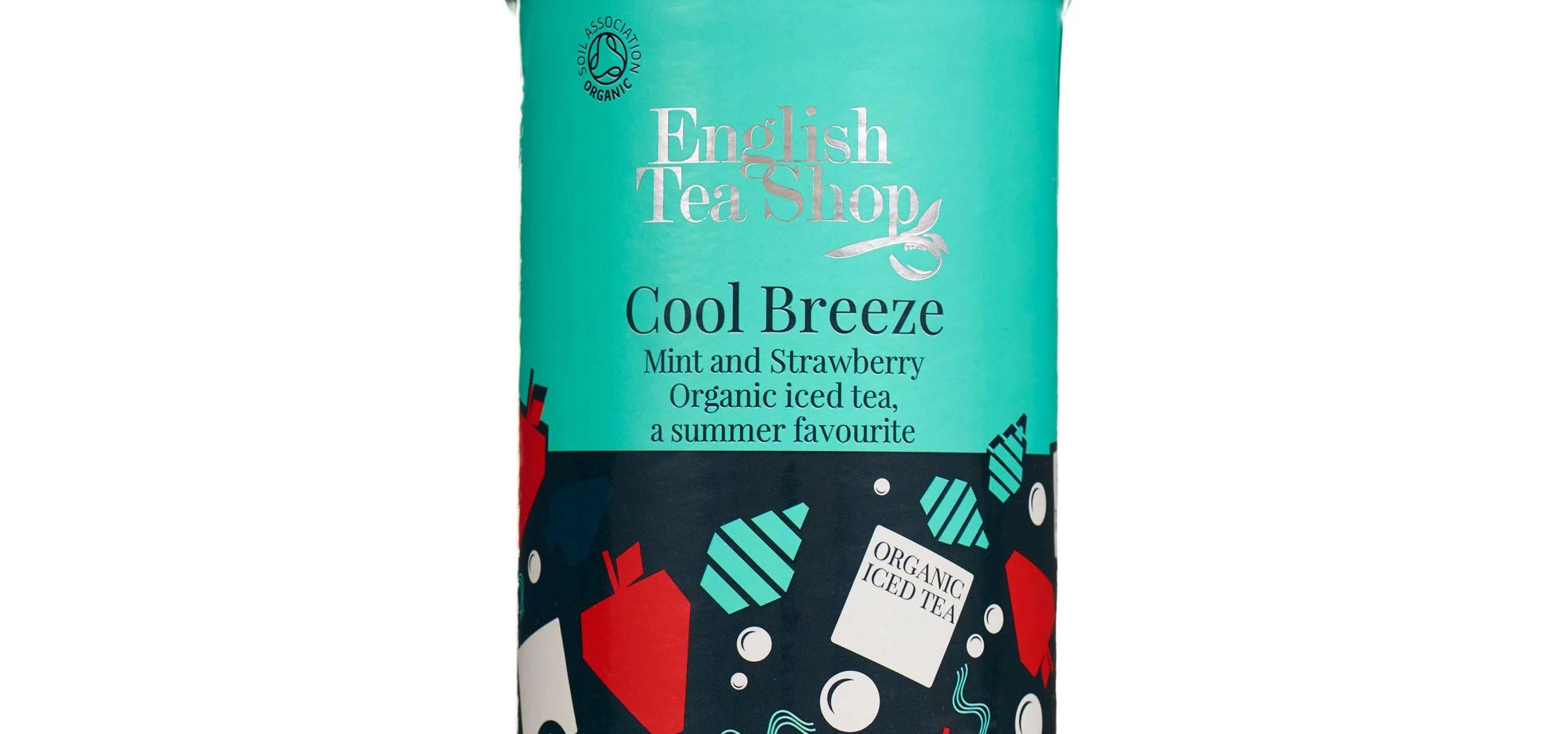
Partner Article
Brewing up a speciality storm
Tea sales might be dropping, but one company is bucking the trend through prodigious innovation and a global mindset
The UK might be drinking less tea overall[1], but this trend hasn’t affected English Tea Shop. In fact, the seven-year old company has just announced an ambitious growth plan that will see it expand from 50 international markets to 80 in just four years.
Launched in 2010, English Tea Shop’s focus on innovation, as well as its global outlook, has helped the company achieve astonishing success in a short period, posting a turnover of £22m in 2016, £8m of which was from the UK[2]. Not only that, the company is targeting a minimum of 25% growth in 2017, and has the ambitious target of doubling turnover by 2021.
While overall tea consumption in the UK is falling, speciality teas have gone from strength to strength, especially among younger generations. English Tea Shop, whose range includes 130+ organic teas and tisanes, is ideally placed to capitalise on this trend.
The company now sells 350m teabags each year worldwide – including at high-end department stores such as Harrods and Selfridges, and hotels such as The Grange and Strand Palace. English Tea Shop tea is also white-labelled in major foodservice chains such as Pret a Manger. A key focus of the company’s strategy is to increase sales of branded packs to the foodservice industry.
English Tea Shop is also unusual in that it was an export-first business. Although head-quartered in the UK, English Tea Shop initially focussed on markets such as the US and France, and only in 2013 did it tackle the UK market. Having such strength through diversity has been another reason for English Tea Shop’s tremendous growth, particularly as the value of the global tea market is rising year on year[3].
English Tea Shop, which owns and operates its own factory in Sri Lanka, is also a pioneer of sustainable practices in the tea industry. The company’s core philosophy is about putting employees and suppliers’ livelihoods first using the principles of value sharing. English Tea Shop only sources its organic tea from small-scale farmers with whom it builds long-term, close and mutually-beneficial relationships. English Tea Shop is committed to paying higher than the Fairtrade minimum price, and usually several times more than that. The company runs and is involved in numerous other initiatives to promote the sustainable sourcing of tea.
Suranga Herath, CEO of English Tea Shop says: “We are a young and lean business and our agility allows us to capitalise on emerging trends so fruitfully. We started this business because, having worked in the tea industry for years, we knew there was a better way to do things and clearly there is a big appetite for our way of doing things, both in the UK and around the world.”
This was posted in Bdaily's Members' News section by English Tea Shop .








 Raising the bar to boost North East growth
Raising the bar to boost North East growth
 Navigating the messy middle of business growth
Navigating the messy middle of business growth
 We must make it easier to hire young people
We must make it easier to hire young people
 Why community-based care is key to NHS' future
Why community-based care is key to NHS' future
 Culture, confidence and creativity in the North East
Culture, confidence and creativity in the North East
 Putting in the groundwork to boost skills
Putting in the groundwork to boost skills
 £100,000 milestone drives forward STEM work
£100,000 milestone drives forward STEM work
 Restoring confidence for the economic road ahead
Restoring confidence for the economic road ahead
 Ready to scale? Buy-and-build offers opportunity
Ready to scale? Buy-and-build offers opportunity
 When will our regional economy grow?
When will our regional economy grow?
 Creating a thriving North East construction sector
Creating a thriving North East construction sector
 Why investors are still backing the North East
Why investors are still backing the North East